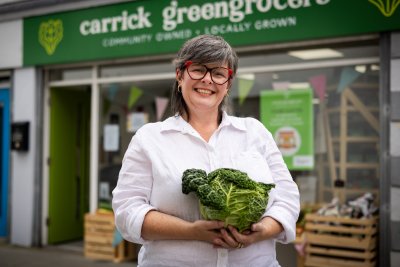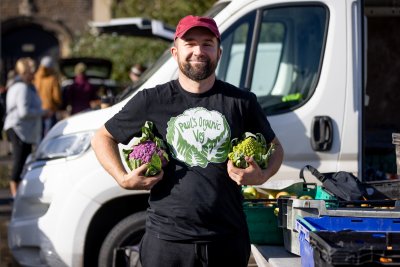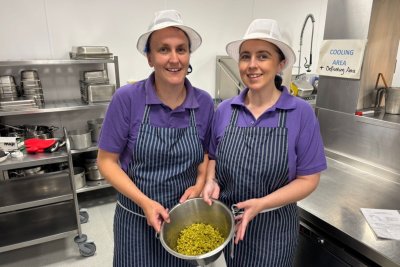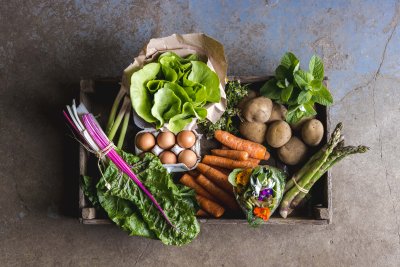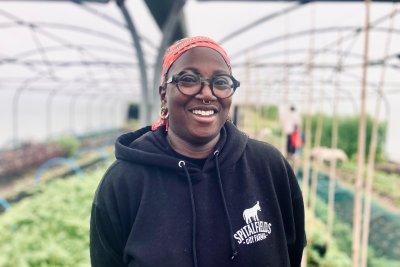The UK Seabass stock has shown worrying decline since 2010, and in 2015 ICES – the scientific body which advises on seabass catches for the UK recommended an 80% reduction in fishing. Restrictions were placed on fishing activity, but only to reduce catches by around 50%. Consequently, the picture is worsening; Samuel Stone, MCS Fisheries Officer, says “New advice from ICES for bass fishery management in 2016 indicates that the stock is in an even worse state now than previously recorded. ICES are recommending catch totals of just a third of what was proposed last year for 2015. The stock is in rapid decline, and much more needs to be done – and urgently - to prevent this iconic and important fishery from collapsing.”
A significant amount of seabass sold in the UK is wild-caught, but farmed seabass is also available and is currently a much better choice for sustainability. The best choice being seabass farmed in the UK. Good choices for supporting UK fishing include UK-landed Cornish sardines, coley, whiting, brown crab, hake, dab, herring, lobster, pouting and Dover sole.
Read more from the Marine Conservation Society. Sustain runs the Sustainable Fish Cities campaign
Sustain: Sustain The alliance for better food and farming advocates food and agriculture policies and practices that enhance the health and welfare of people and animals, improve the working and living environment, enrich society and culture and promote equity.

